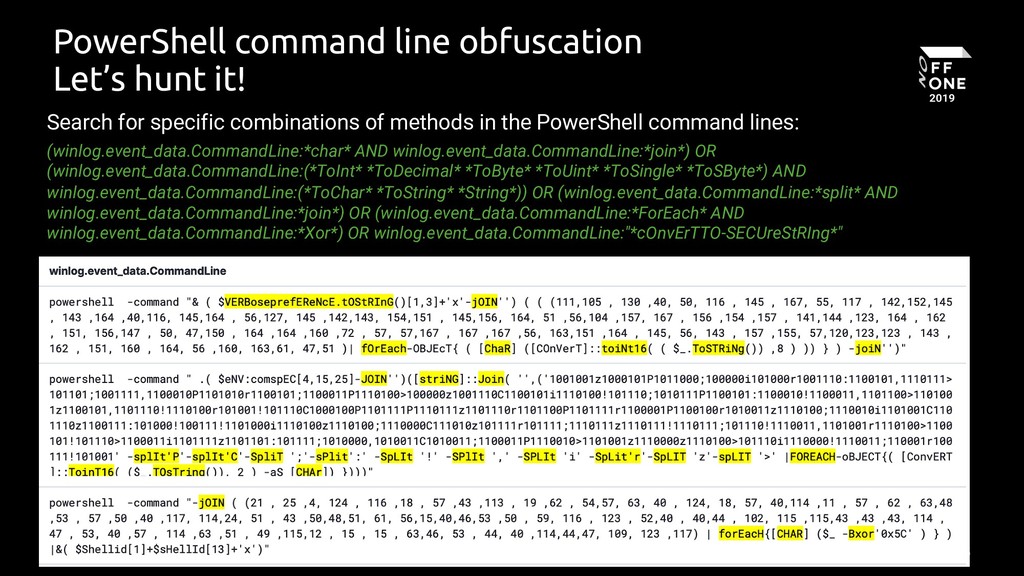ConvertTo-SecureString Cmdlet Usage Via CommandLine
Detects usage of the "ConvertTo-SecureString" cmdlet via the commandline. Which is fairly uncommon and could indicate potential suspicious activity
Sigma rule (View on GitHub)
1title: ConvertTo-SecureString Cmdlet Usage Via CommandLine
2id: 74403157-20f5-415d-89a7-c505779585cf
3status: test
4description: Detects usage of the "ConvertTo-SecureString" cmdlet via the commandline. Which is fairly uncommon and could indicate potential suspicious activity
5references:
6 - https://speakerdeck.com/heirhabarov/hunting-for-powershell-abuse?slide=65
7 - https://learn.microsoft.com/en-us/powershell/module/microsoft.powershell.security/convertto-securestring?view=powershell-7.3#examples
8author: Teymur Kheirkhabarov (idea), Vasiliy Burov (rule), oscd.community, Tim Shelton
9date: 2020-10-11
10modified: 2023-02-01
11tags:
12 - attack.defense-evasion
13 - attack.t1027
14 - attack.execution
15 - attack.t1059.001
16logsource:
17 category: process_creation
18 product: windows
19detection:
20 selection_img:
21 - Image|endswith:
22 - '\powershell.exe'
23 - '\pwsh.exe'
24 - OriginalFileName:
25 - 'PowerShell.EXE'
26 - 'pwsh.dll'
27 selection_cli:
28 CommandLine|contains: 'ConvertTo-SecureString'
29 condition: all of selection_*
30falsepositives:
31 - Legitimate use to pass password to different powershell commands
32level: medium
References
Related rules
- Invoke-Obfuscation CLIP+ Launcher
- Invoke-Obfuscation CLIP+ Launcher - PowerShell
- Invoke-Obfuscation CLIP+ Launcher - PowerShell Module
- Invoke-Obfuscation CLIP+ Launcher - Security
- Invoke-Obfuscation CLIP+ Launcher - System

